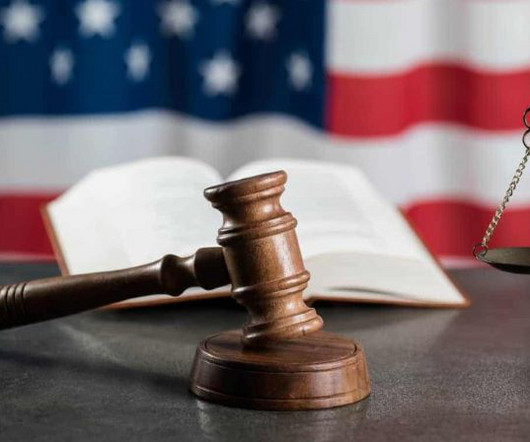Debtor Protections and Consumer Rights in New York: An Attorney’s Perspective
FFGN COLLECT NY
DECEMBER 12, 2023
There are many ways to request debt verification, such as writing a request letter. The letter must detail the specific information you require, such as proof of agreement with the original creditor, a final account statement issued by the creditor, and a breakdown of the debt (due dates, interest rate, and principal amount).











Let's personalize your content